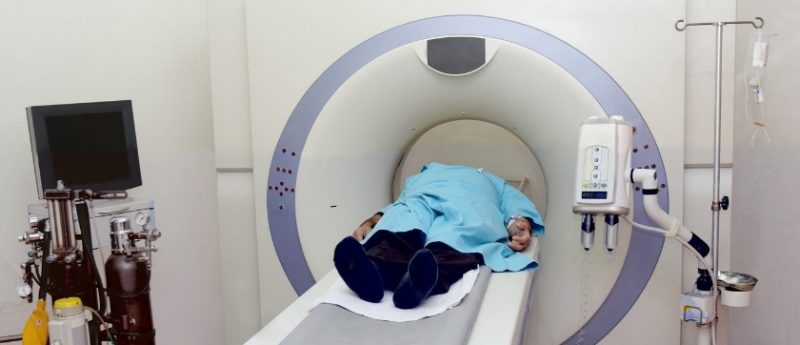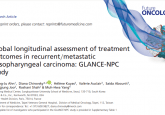ASCO18: Study reveals gender disparities in head and neck cancer treatment and outcomes

An analysis from a California hospital system has demonstrated that women with head and neck cancer were less likely to receive intensive chemotherapy and radiation compared to men. The findings were highlighted at 2018 American Society of Clinical Oncology (ASCO) Annual Meeting held 1–5 June 2018 in Chicago (IL, USA).
In this study, the researchers evaluated health outcomes for 223 female and 661 male patients with stage II-IVB head and neck cancer treated at Kaiser Permanente Northern California (CA, USA), to estimate the odds of receiving intensive care treatment and to compare the risk of dying from cancer to the risk of dying from other causes.
The researchers discovered that women with head and neck cancer were less likely to receive intensive chemotherapy (35% vs. 46%) and radiation (60% vs. 70%) compared to men. Furthermore, the ratio of cancer to non-cancer mortality was 1.92 times higher for women than for men.
When considering treatment, oncologists take into account a patient’s activity level and other medical problems. Patients with head and neck cancer who have good performance status may be offered more intense treatments, such as platinum-based chemotherapy with radiation therapy.
Another factor influencing head and neck cancer treatment and outcomes is whether the cancer is caused by HPV. HPV-related head and neck tumors are more responsive to treatment and individuals with such cancers generally have a better prognosis. HPV-related head and neck cancer is more common in men than in women.
As part of this study the team found that fewer women than men had oropharyngeal cancers (38% vs. 55%). While further analysis is ongoing, this may also be a factor driving higher cancer-related mortality rates in women, as HPV-related cancers occur most frequently in the oropharynx.
“We don’t know why women are getting less treatment and having worse outcomes, and we need to find out. Though these findings are specific to California, the disparities we see are startling and worth considering in treatment discussions in everyday practice,” explained ASCO Expert Joshua A Jones (Hospital of the University of Pennsylvania).
The researchers now plan to conduct a more detailed review of treatments that women in the study received. Additionally, they are keen to determine causes for the gender differences in survival, such as if the findings reflect the difference in the rate of HPV-related head and neck cancers between women and men.




